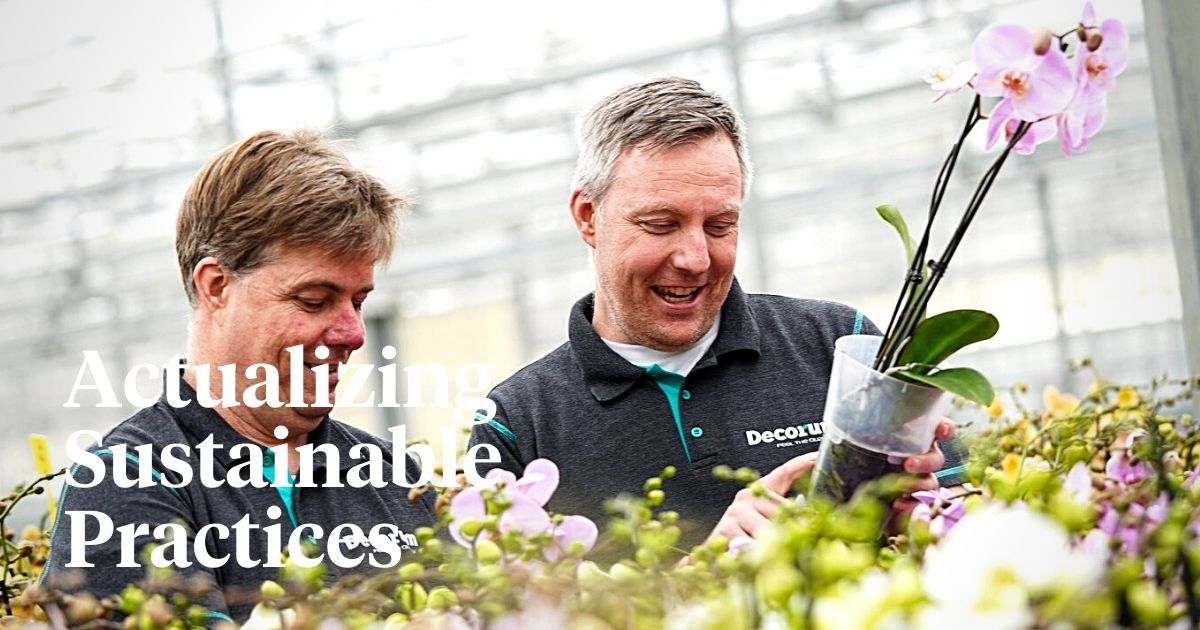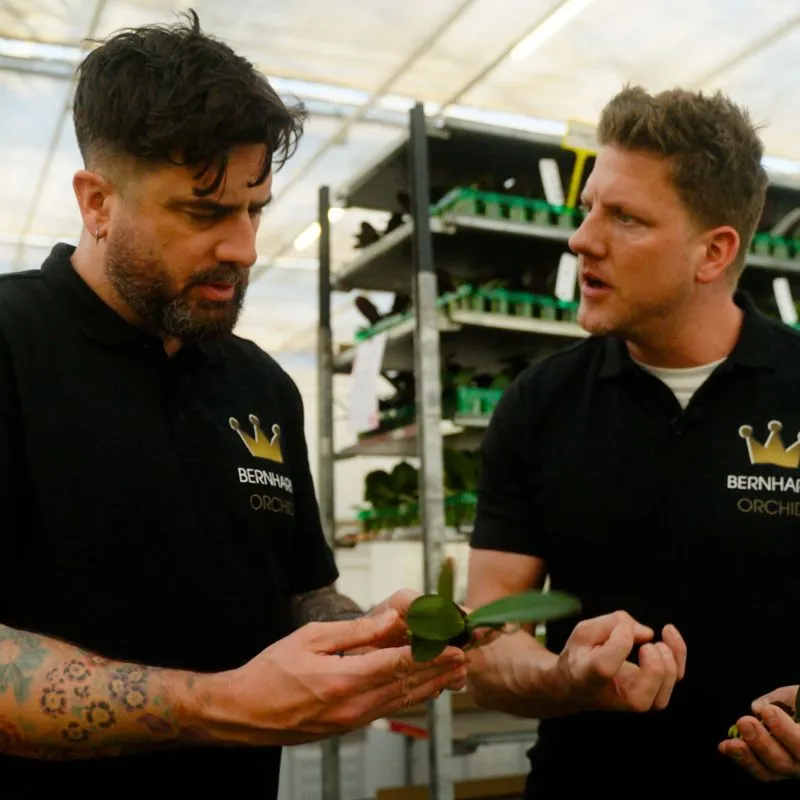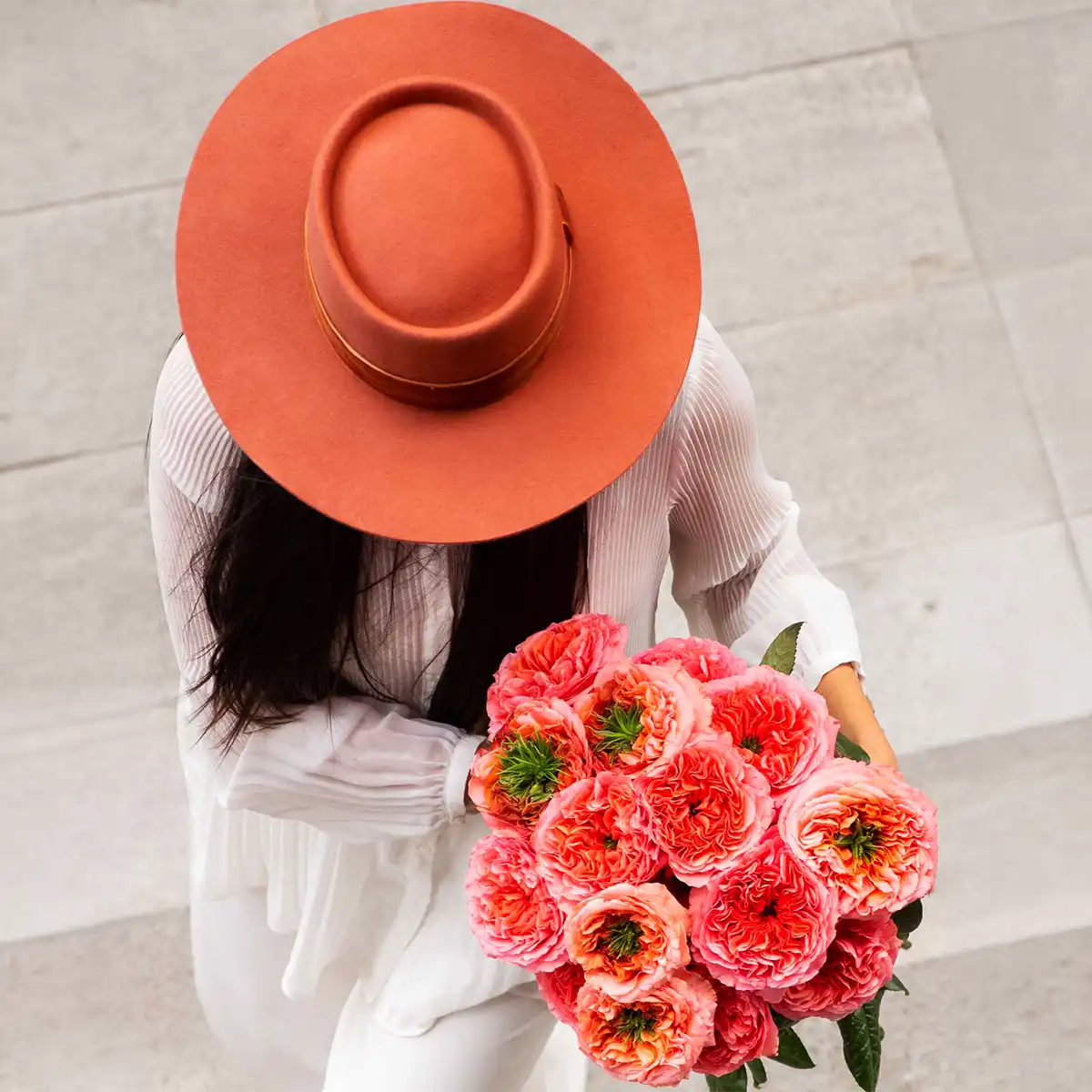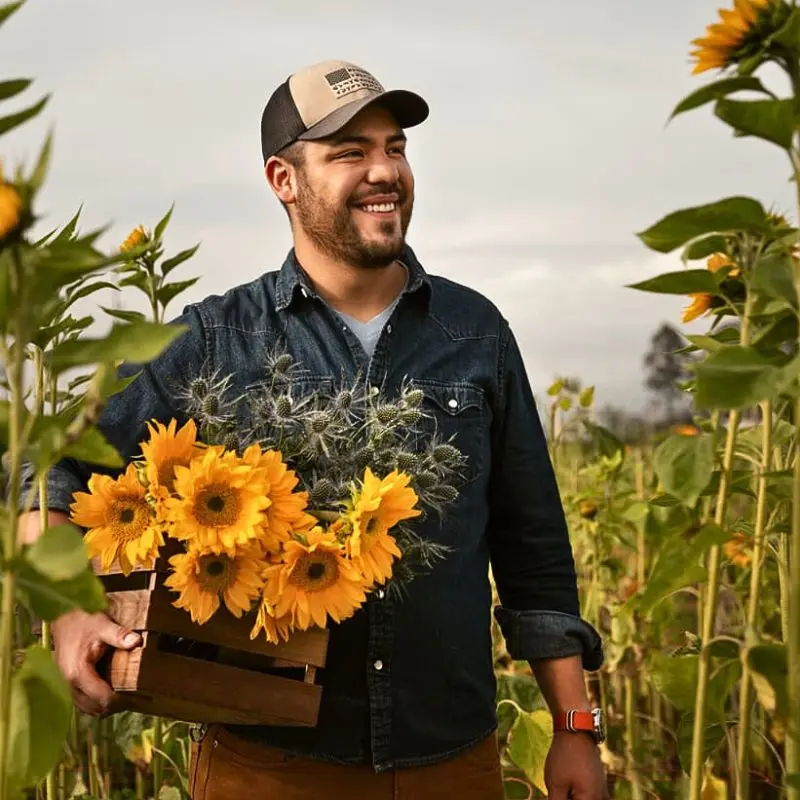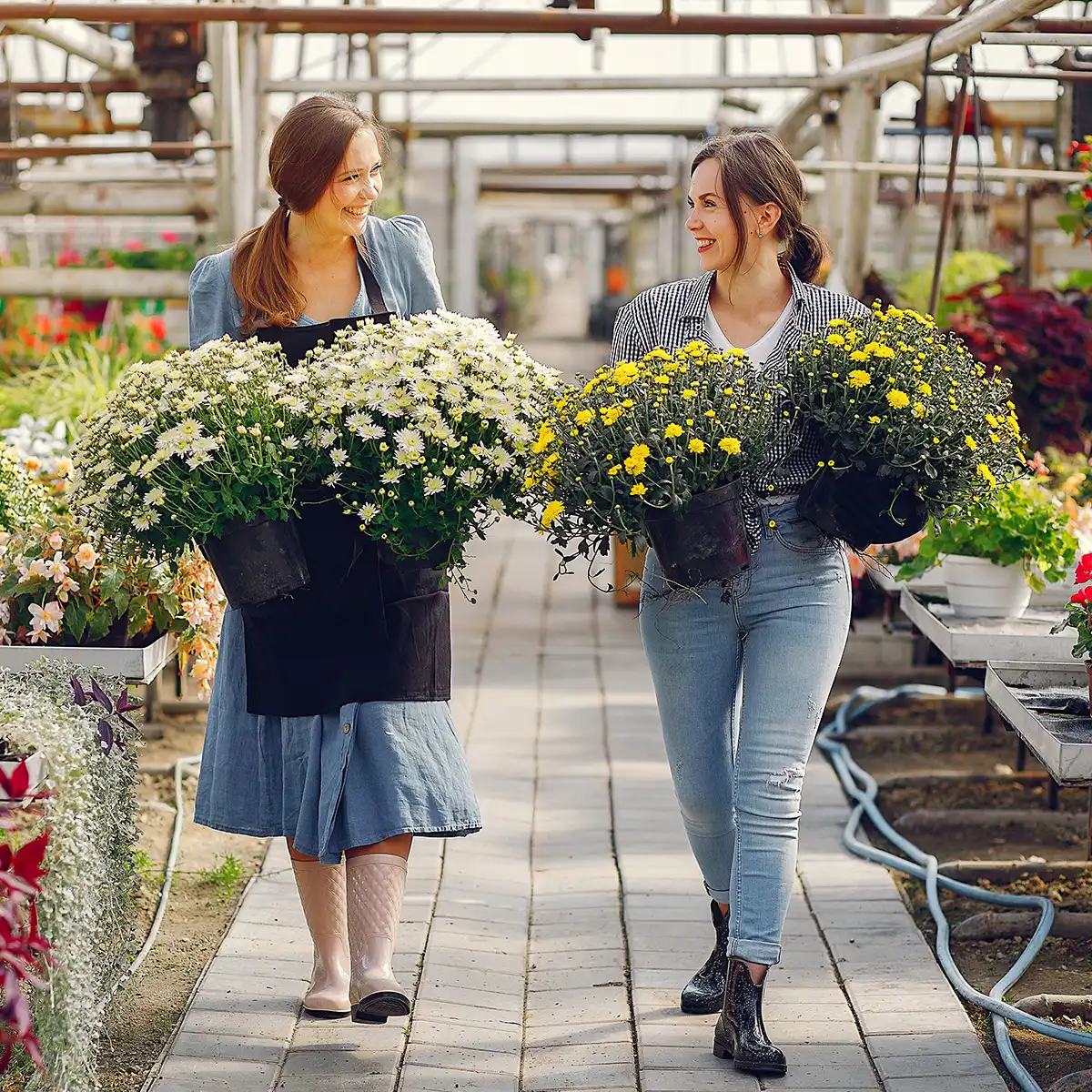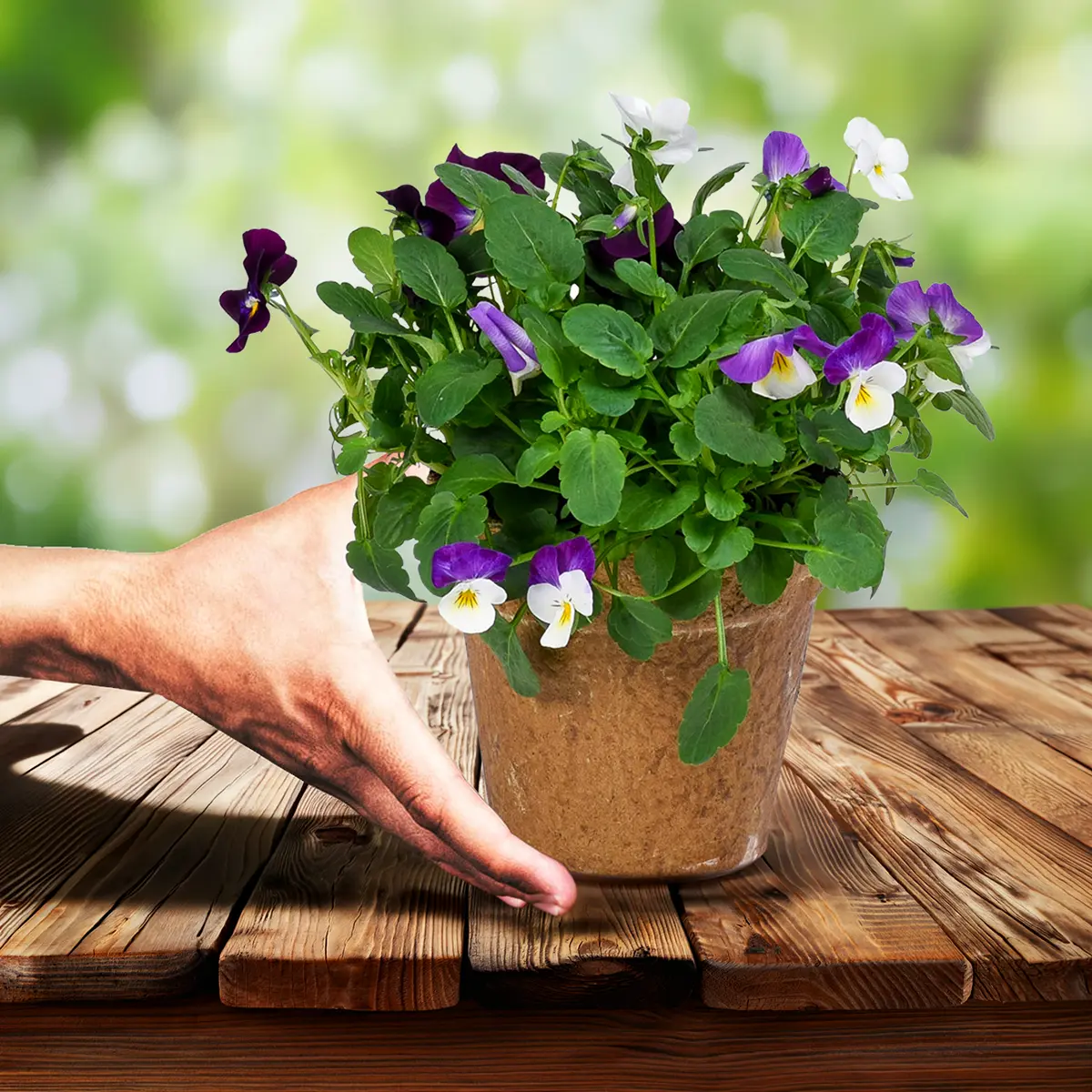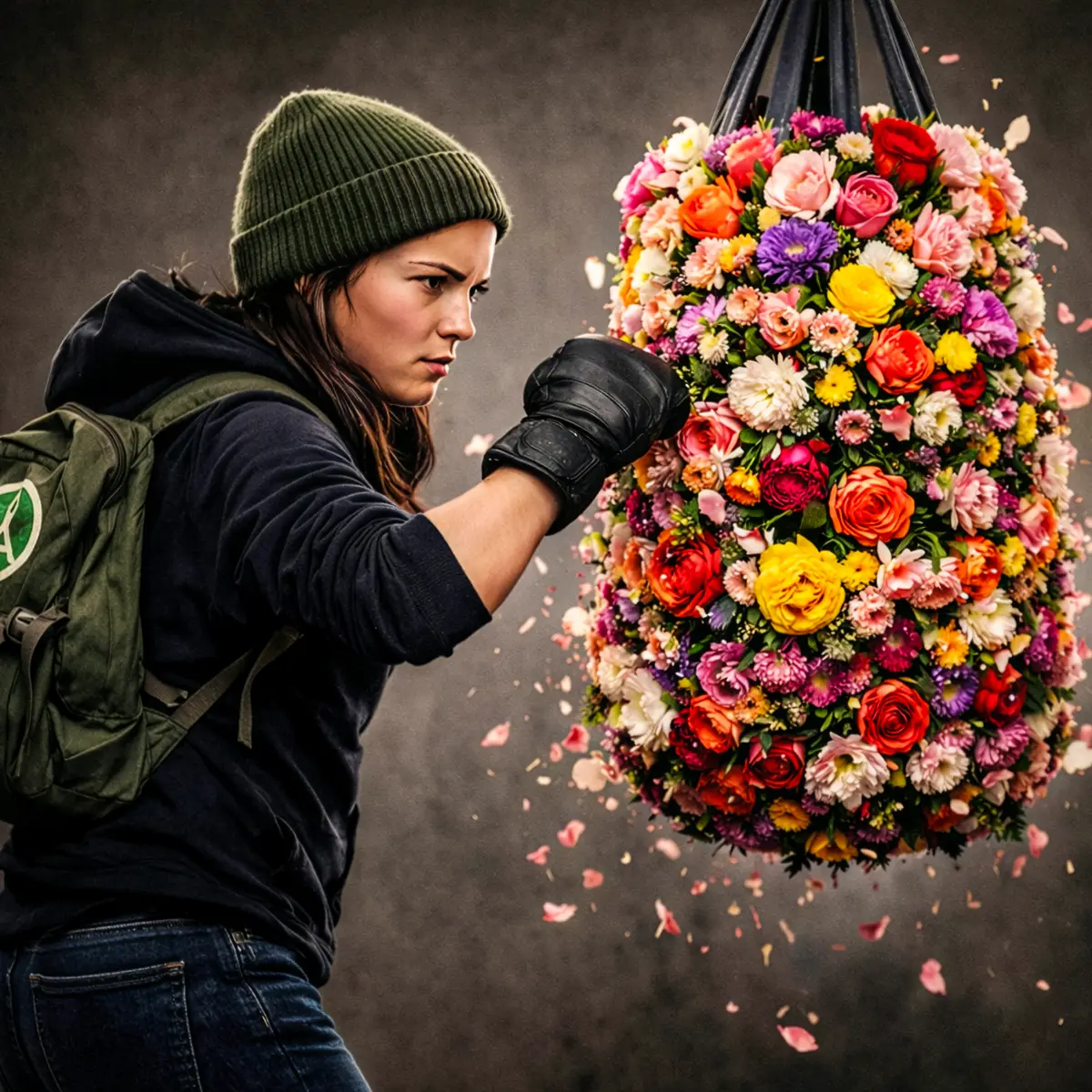All over the world, sustainability has become an integral aspect of different industries, and the plant and flower business is no exception. Nowadays, customers demand that the plants and flowers they buy, be sustainably grown or produced. In that context, and in recognizing the importance of minimizing environmental impact, Decorum Plants and Flowers, a key player in the plant and flower industry, has made sustainability a core value. The brand’s constituent growers leave nothing to chance when it comes to sustainable practices.
With a firm obligation to ensure sustainable practices, Decorum, a premium brand of more than fifty Dutch growers; all of which are family-owned businesses — many third or fourth-generation growers — sustainably pioneers the way toward a greener future in the industry. Within its different constituent companies, Decorum, whose three fundamental pillars are Sustainability, Quality, and Innovation, goes the whole hog to guarantee that its customers get plants and flowers that are sustainably produced.
The Sustainability Cause in Flower and Plant Production
In every sense, sustainability plays a vital role in the flower and plant industry, as it intertwines people’s love for nature with the responsibility to protect and preserve the environment.
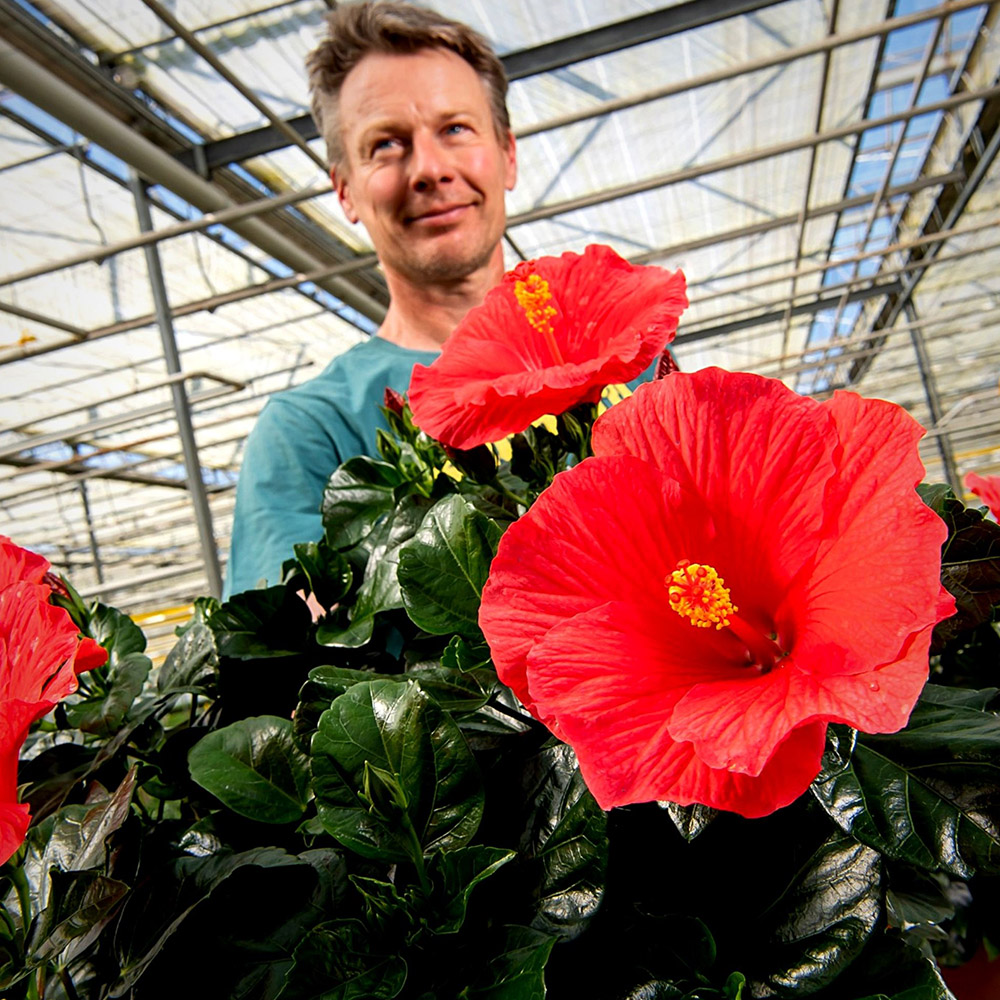
This industry heavily relies on the earth's resources, making it crucial to adopt sustainable practices. From cultivation and packaging to transportation and waste management, every step of the supply chain can have a significant environmental impact.
Accordingly, by integrating sustainability - one of its key pillars - into its operations, Decorum works towards reducing adverse impacts and promoting an eco-friendly plant and flower industry, as per its philosophy and an inherent commitment to this cause. Simply put, Decorum strives to demonstrate that business success and environmental responsibility can go hand in hand!
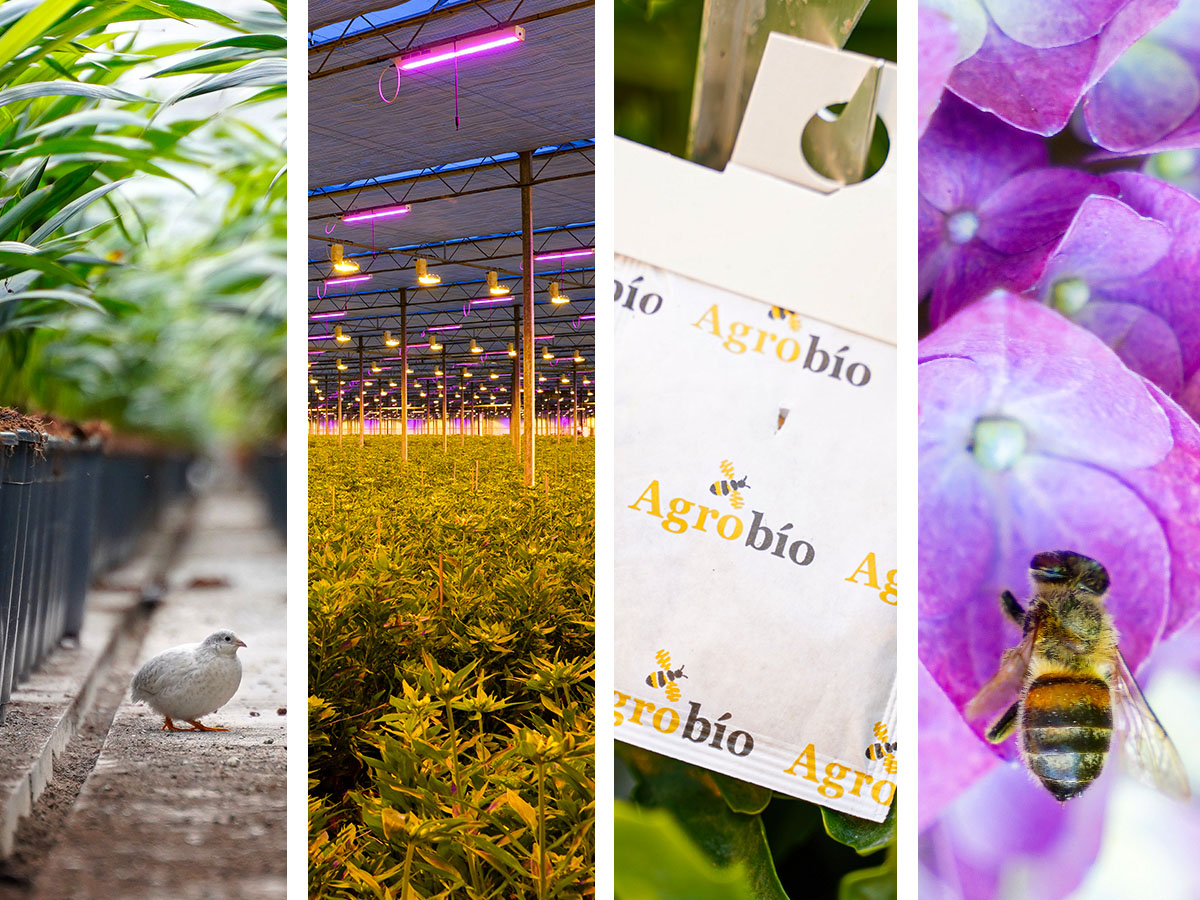
Implementing Sustainability at Decorum
Sustainability is evident in various aspects of Decorum’s operations, where it is based on at least six key aspects which are sustainable energy usage, reuse of water, certification, crop protection, corporate social responsibility, and reduced use of plastic.
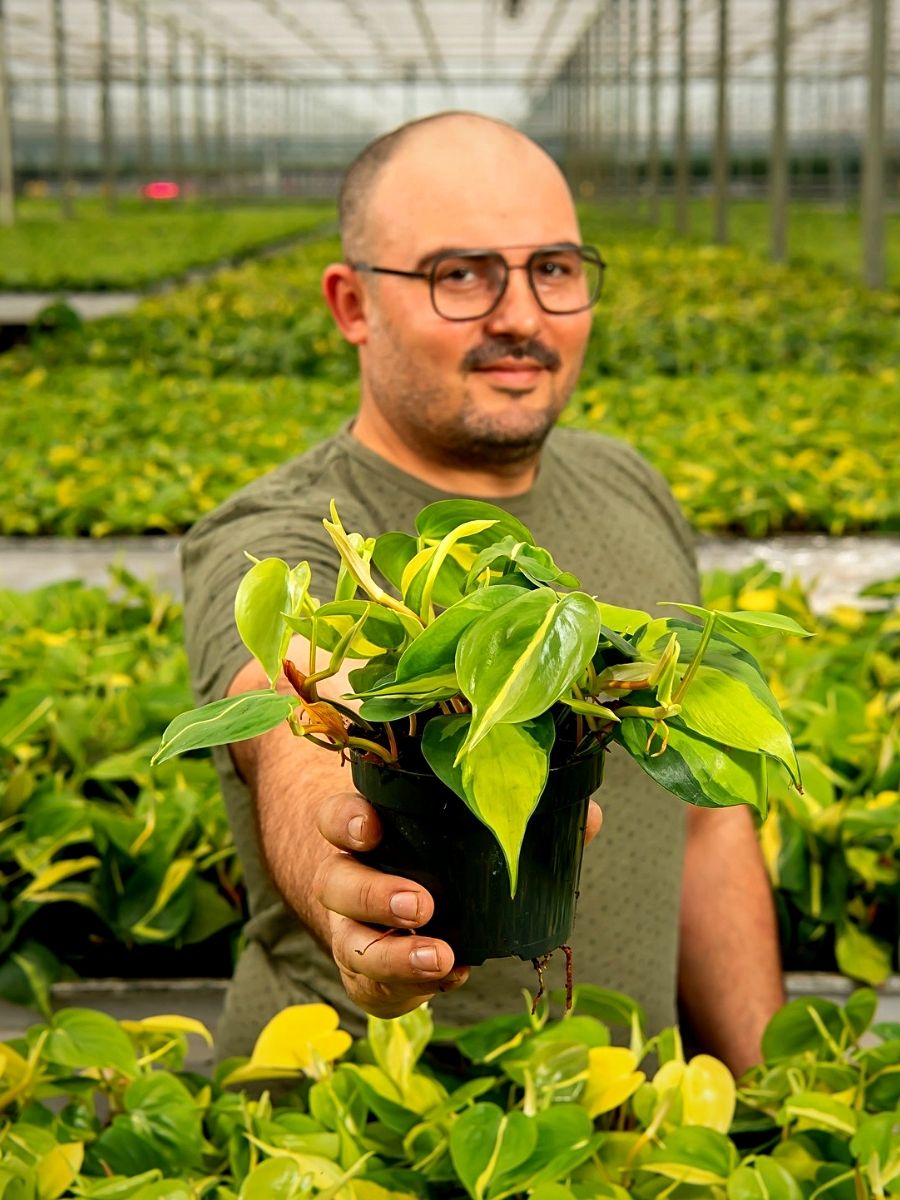
For starters, Decorum’s growers have comprehensively invested in sustainable energy sources such as solar energy; harnessing the power of the sun to generate renewable energy. Additionally, geothermal heating and regional heating grids are used to minimize reliance on fossil fuels.
Decorum:
“We love to tap into the power of the earth. Our growers have massively embraced solar panels as a source of energy. To heat the nursery, we often use geothermal energy, or growers are connected to a district heating network. This means that in some nurseries, the boiler remains completely off, and no gas is used.”
Accordingly, the vast majority of its growers can grow their floral products energy-neutral thanks to these sustainable initiatives, combined with the use of LED lighting and greenhouse modifications that retain heat. And in the future, according to Decorum, an increasingly larger portion of its energy will be generated sustainably.
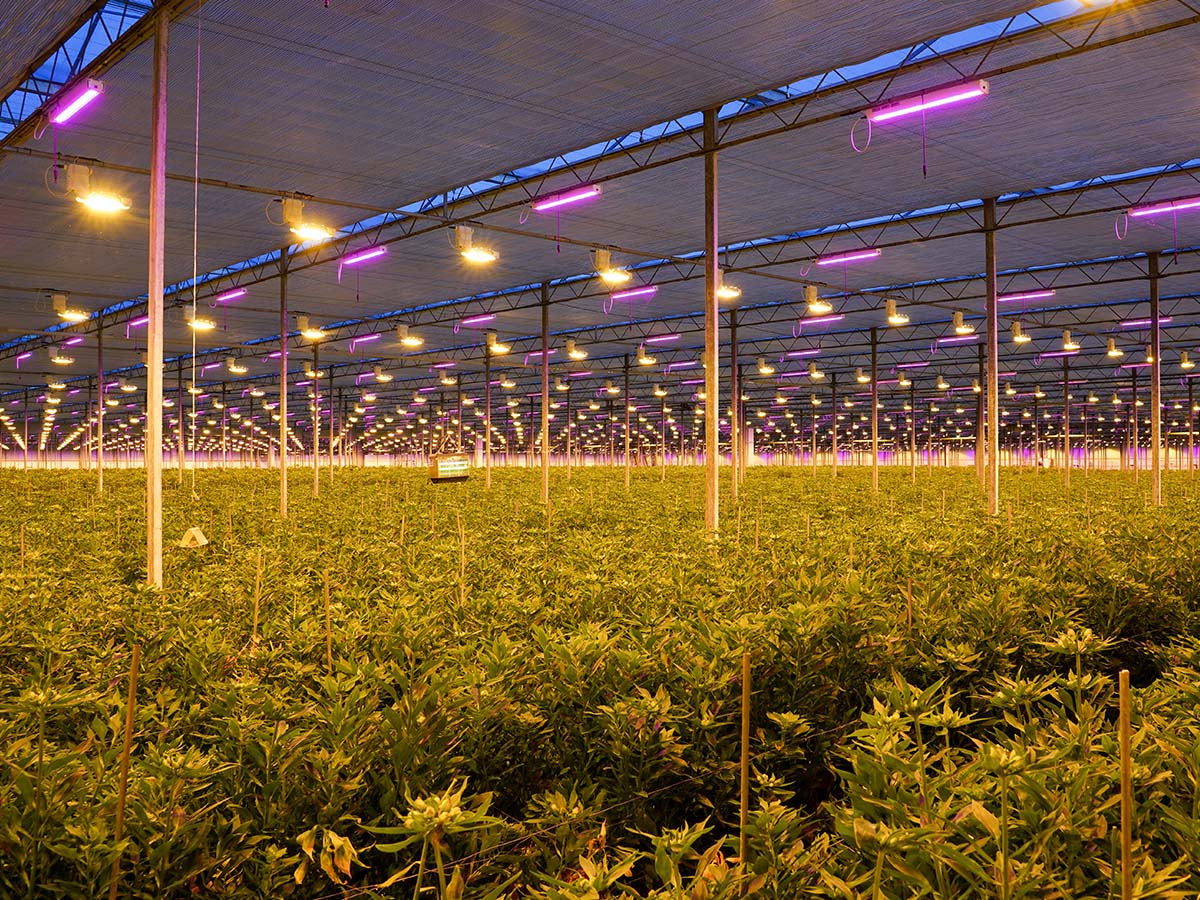
Decorum also focuses on reusing its resources as much as possible. Gova, the brand’s laurel grower, for instance, recycles its pruning waste and even turns it into very useful products, like soap, hand sanitizer, tea, and licorice. Other Decorum growers reuse their plant pots several times.
What is more, even though the Netherlands, the country in which Decorum’s growers are based, has been known to have an abundance of water resources, in recent years this commodity has been growing scarcer. So what does that mean? It means investing in different water conservation and storage strategies.
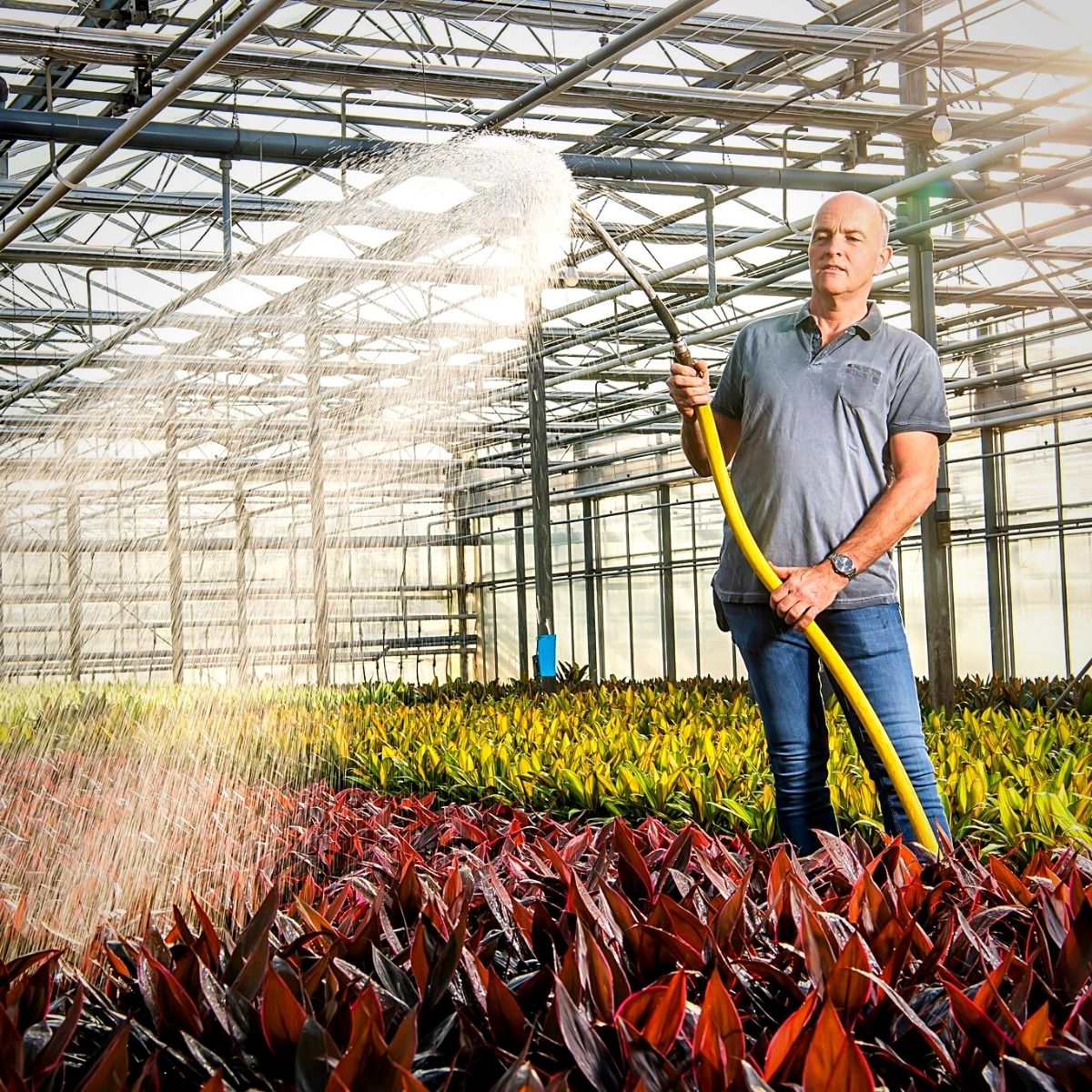
Decorum:
“We have invested a lot in water storage and reuse within our nurseries. For instance, we have ebb and flow floors. The grower can let a layer of water flow in, and when the plants have had enough to drink, they can open the drain, and the floor empties again.
We can reuse this water later. We also collect rainwater from the roofs of the greenhouse in large storage basins. The water used in the nursery is cleaned according to strict standards, and many growers store it for reuse.”
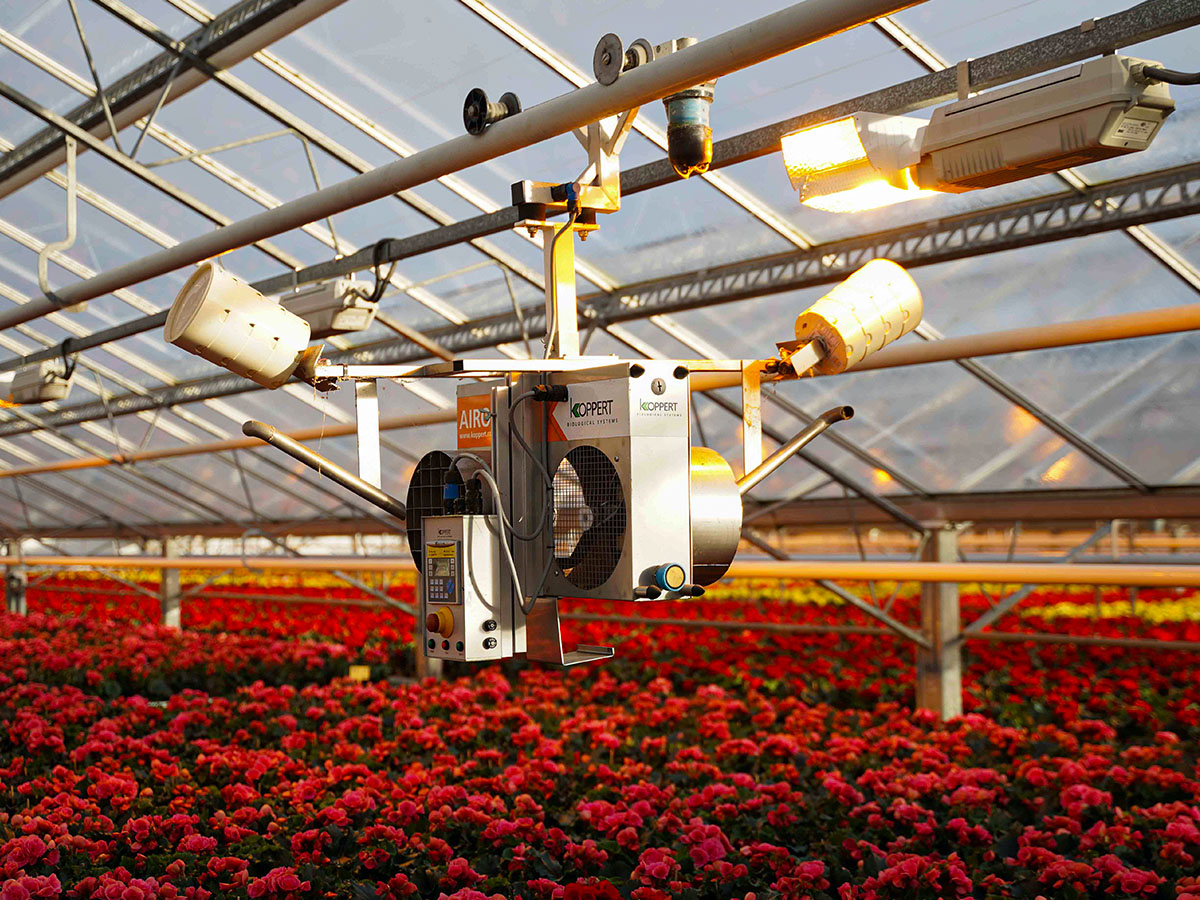
Even more, organic pest control is a strategy that the brand uses among its growers, instead of relying on environmentally-harmful chemicals. Nematodes, little flies, ladybugs, or other tiny creatures, are used in the facilities. These creatures are, generally, so tiny that they can hardly be perceived with the naked eye. Even so, they do the job perfectly! they control pests and any other intruders that may affect the plants grown. This approach ensures a healthy ecosystem while minimizing environmental harm.
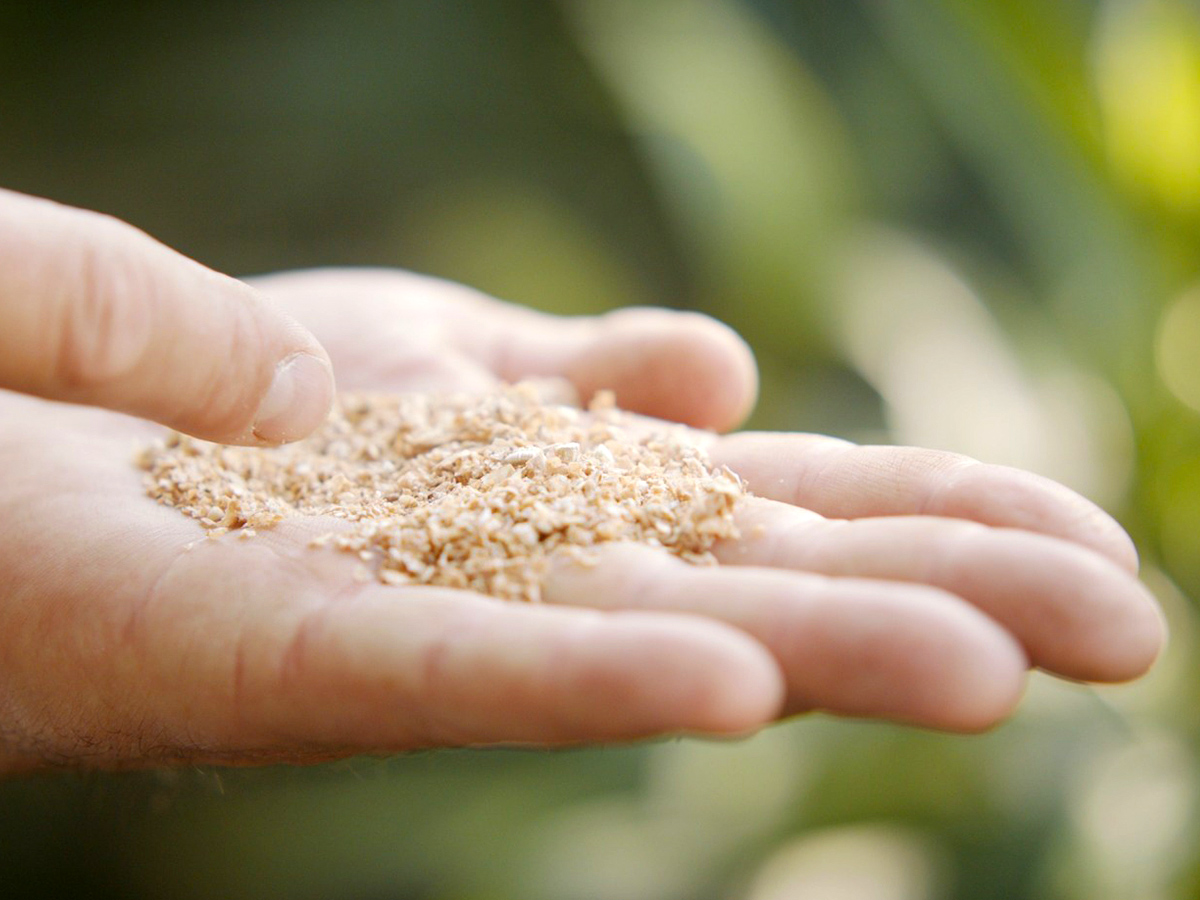
It’s All About (the) Earth
A plant needs a number of things to grow properly. Of course, we all know that a plant needs water and light, but nutrients and well-moisturized soil are also very important.
Every Decorum grower keeps a close eye on all these elements. And so the grower also regularly checks the composition of his soil. The soil that most growers use contains peat. Peat contains many nutrients that plants need. Unfortunately, peat soil also has carbon stored in it.
Decorum:
"When the peat is extracted, CO² is released into nature and of course, we don’t want that. Therefore, for years we have been looking for new substances to replace the peat in our potting soil. Preferably, we also use locally made fibers to replace peat, as a rest product or from specially grown crops. This is increasingly successful and the first growers are already cultivating completely peat-free. All products that are grown peat-free under the Decorum brand can be recognized by the ‘peat free icone’ on the packaging."
Decorum growers Gova and Ka Scindapsus grow all their plants 100% peat-free.
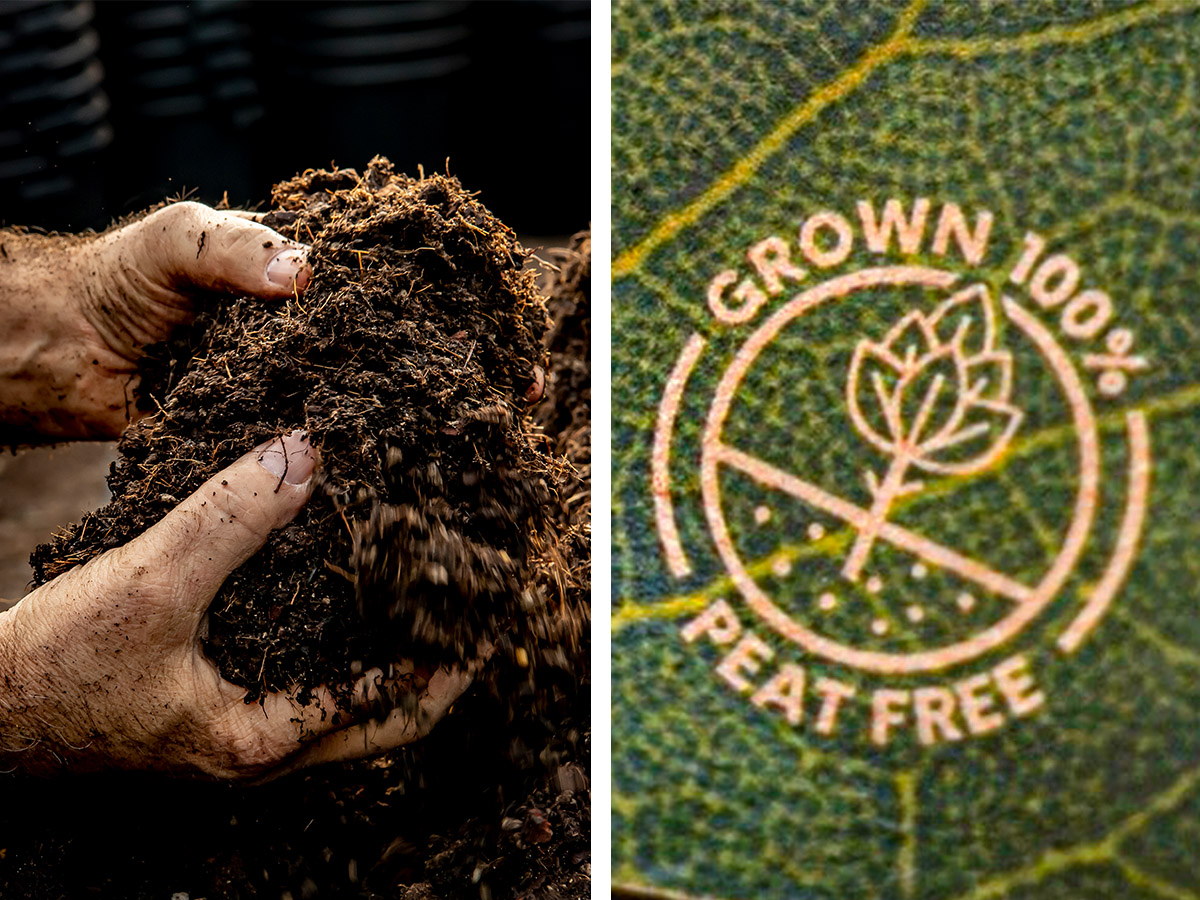
Pets Also Get the Job Done!
In a way, the organic pest control approach extends even further. Have you ever heard of pets on the farm and how effective they can be? Well, now you know about this strategy. For several Decorum growers, not only are little pets welcome as pest controllers in their greenhouses, but many of the nurseries actually keep a whole throng of these pets for this very purpose.
It is commonplace to find cats employed to catch mice, and chickens to weed out the weeds and catch flies, tiny mosquitoes, and moths in some of the facilities such as the Howea palm nursery at Hartog Palmen. Whenever one visits some of the brand’s nurseries, they are welcomed by cheerful chirping sounds of quails that have been specially deployed to catch a specific type of moth.
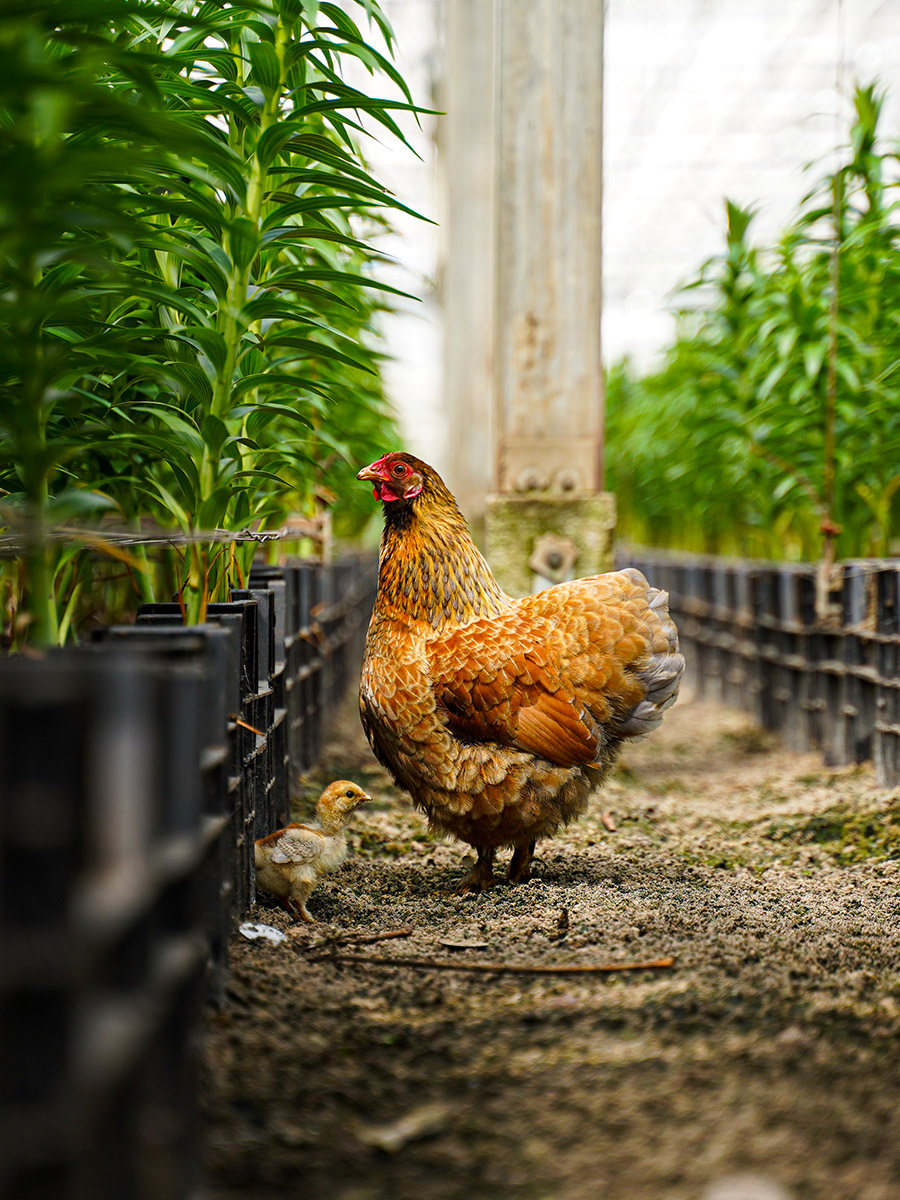
In other nurseries, for instance, you’ll get a warm welcome from a dog. Do you want to know why? The dog’s scent keeps uninvited guests away! One of the growers even has beehives, with the bees helping in varied ways. Others have sheep grazing alongside the greenhouse, reducing the need for mowing. Essentially, other than all the practical benefits they provide, it’s just delightful to have these animals in the nurseries.
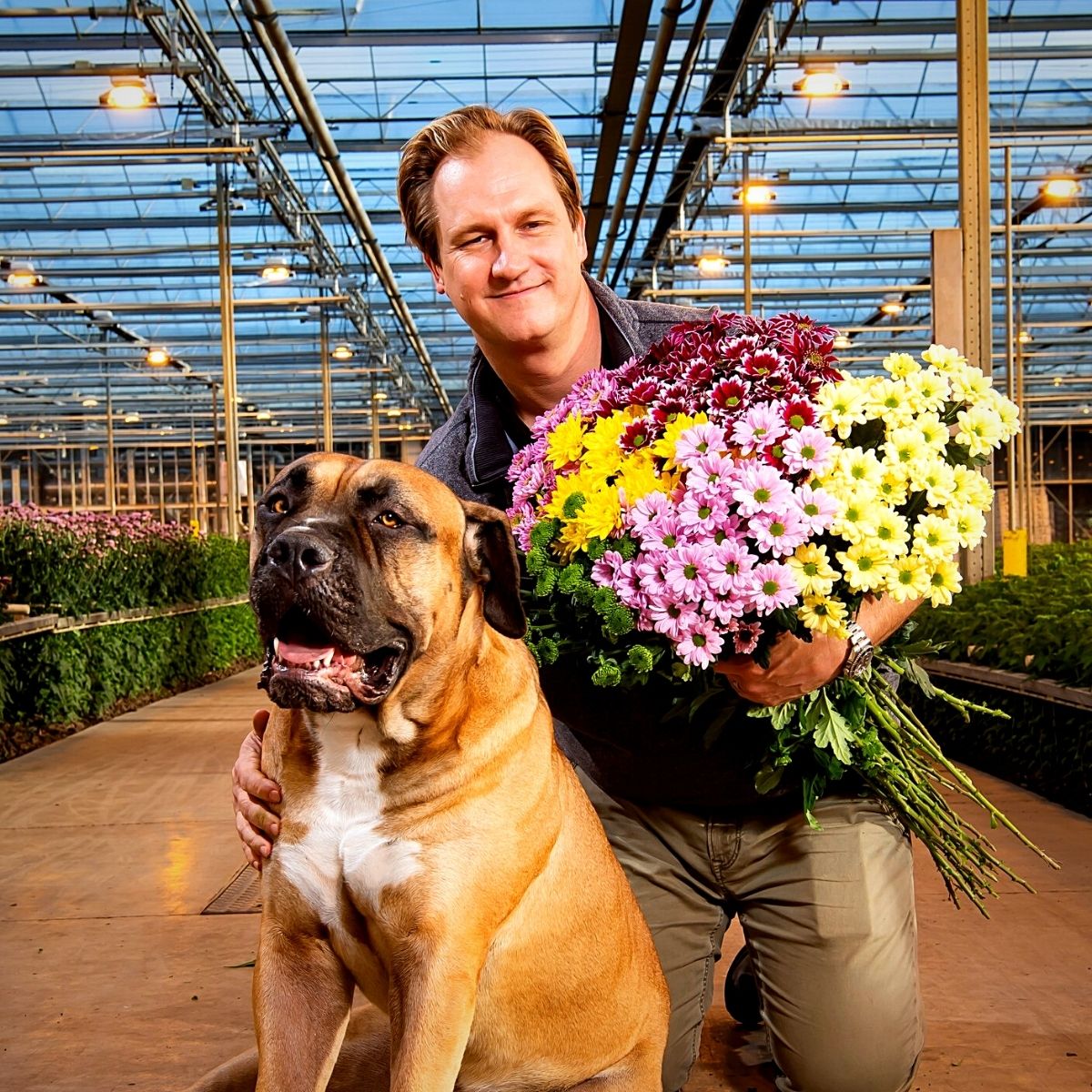
More Sustainable Measures Showcasing Decorum as a Champion of Sustainability
Decorum also places great importance on the minimization of plastic waste, where its growers employ various strategies. In that regard, recycled plastic is used for labels, pots, and seed trays, decreasing the reliance on virgin materials.
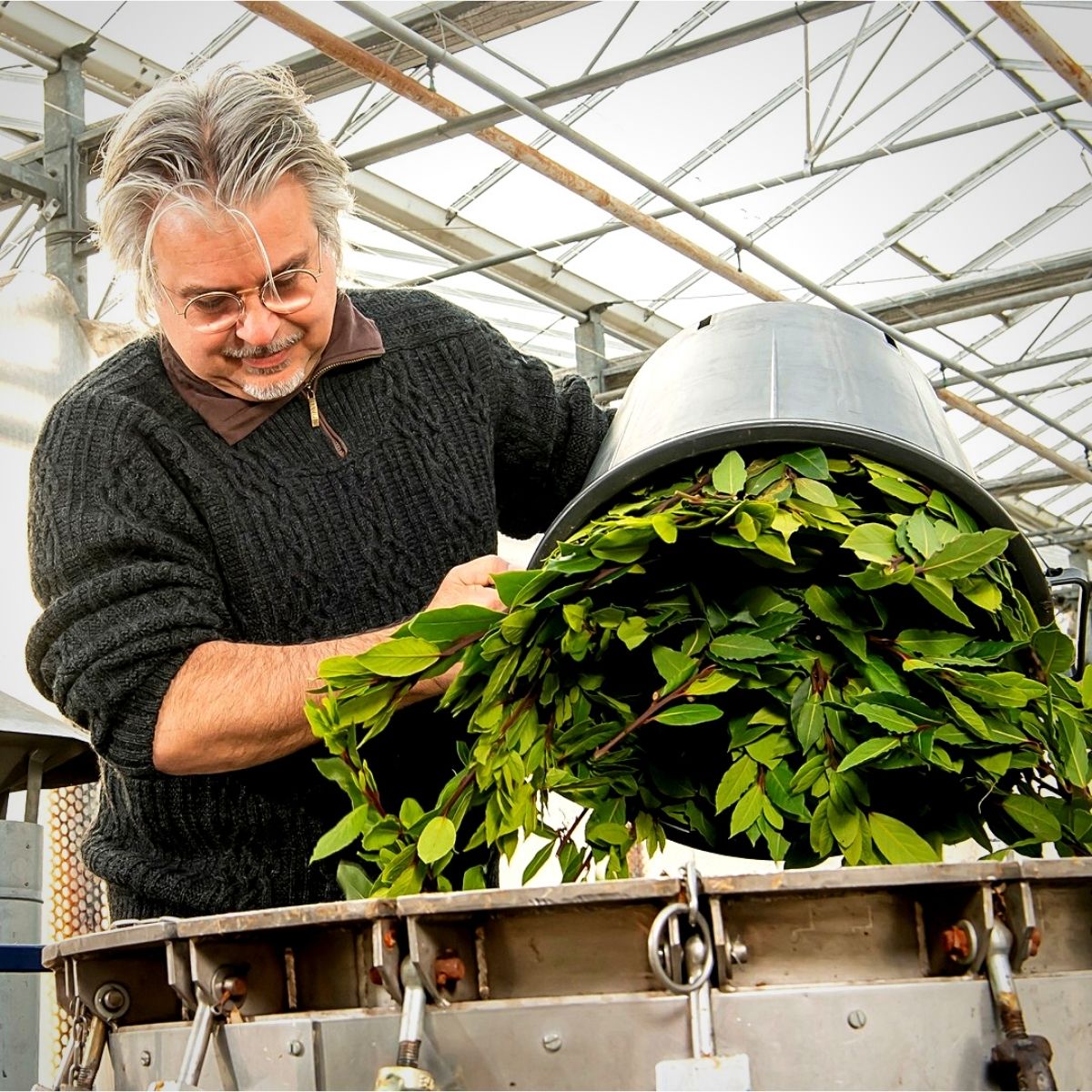
For example, its labels are partly made from recycled plastic, as are the pots. Almost all seed pots are also made from 90% recycled plastic. Likewise, Decorum looks further than packaging material and pots as its trays are also made from 90% recycled plastic.
In addition, the company inspires others in the industry to embrace eco-friendly practices by sharing its knowledge and experiences. In that respect, the growers encourage a collective effort towards a greener flower and plant industry. This notion spreads to other segments including its corporate social responsibility, where the brand sponsors local sports clubs, and charities and provides opportunities for employees with a disadvantage in the job market.
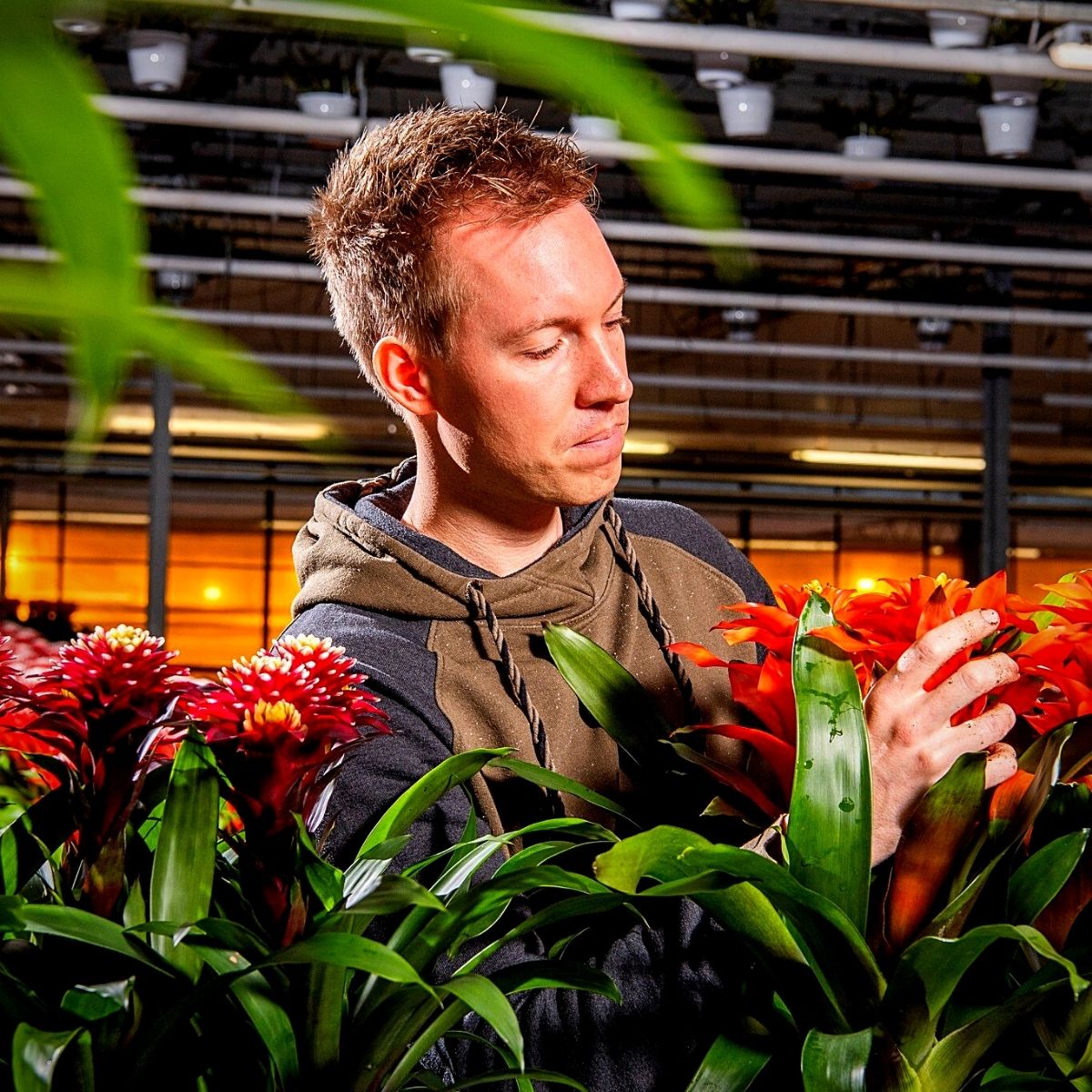
All these efforts are buoyed by the great importance that Decorum places on obtaining sustainability qualifications which validate its commitment to sustainable practices in the plant and flower industry. With certifications such as the MPS-A Quality Mark, all Decorum growers demonstrate their dedication to these sustainable practices.
A Worthy Cause for Sustainability
All said and done, plants and flowers generally create a healthy environment both indoors and outdoors; the kind of environment that makes people happy and contented.
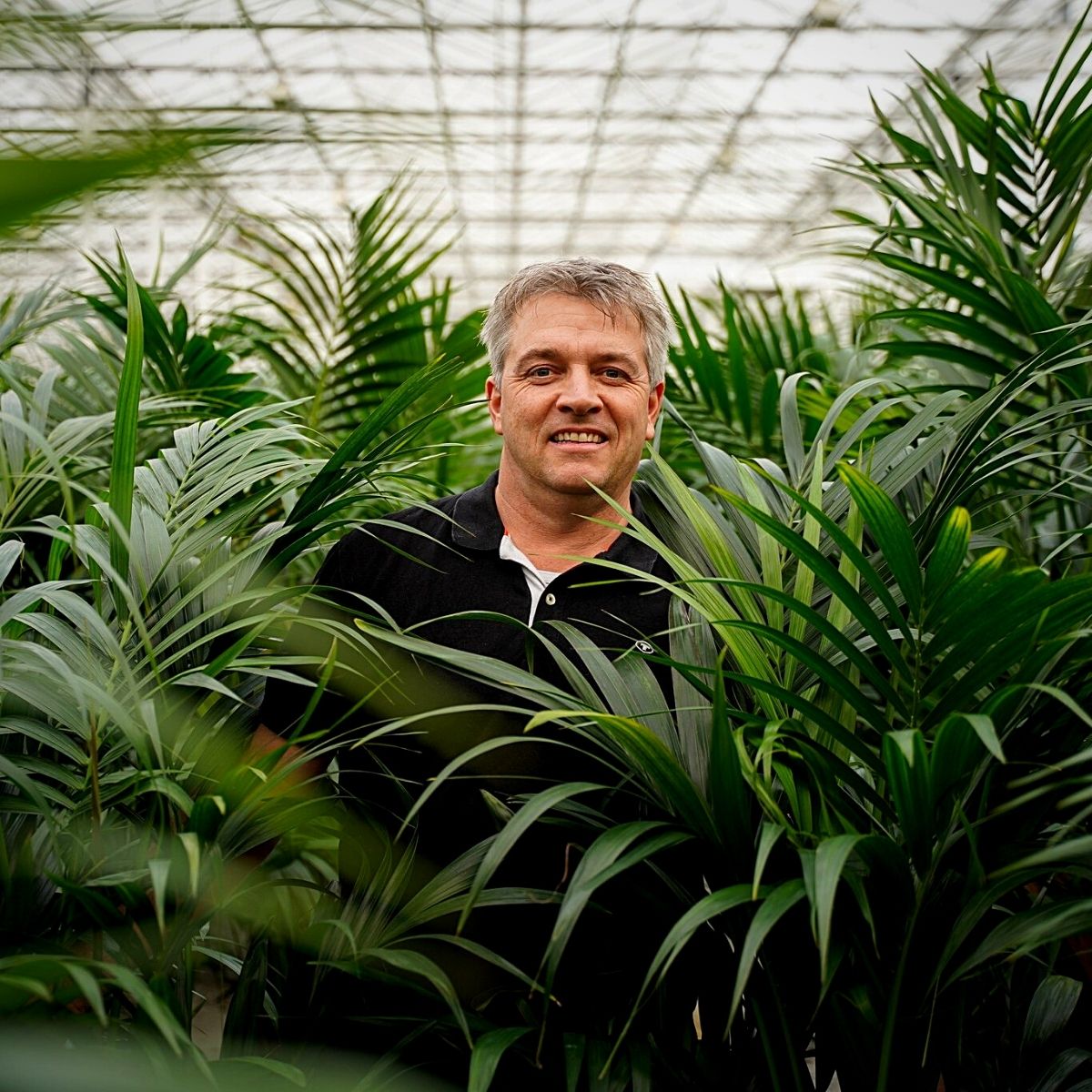
A well-intentioned advice from the renowned brand is for consumers to (always) choose what has been cultivated with love and respect for nature. This guarantees a healthy and sustainable environment.
All photos by Decorum (@decorumplantsflowers).

